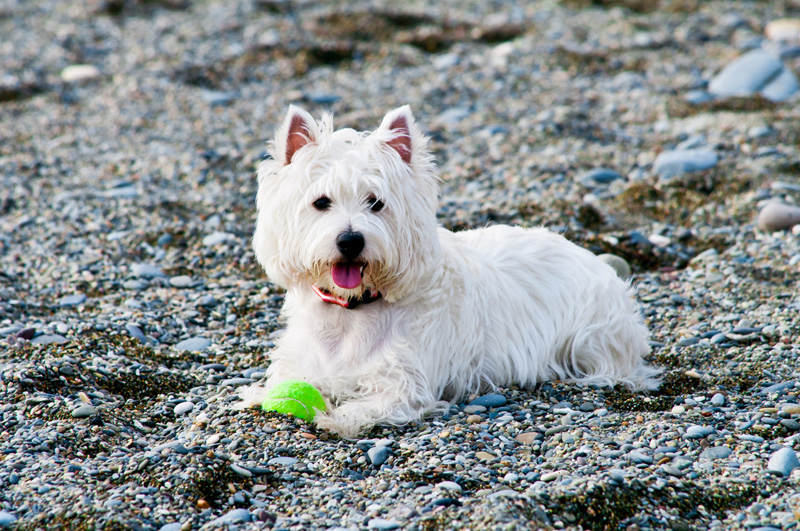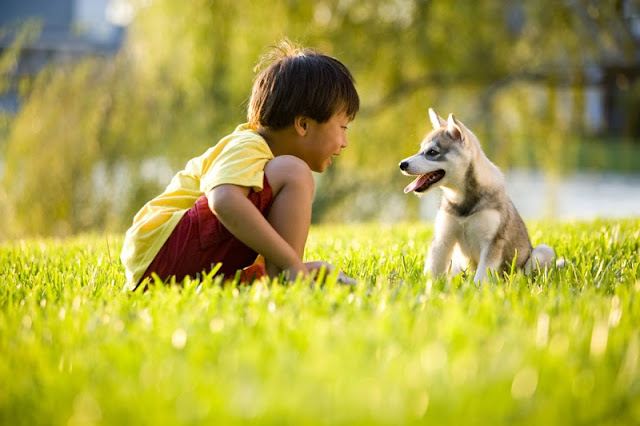The Importance of Food as Reinforcement in Dog Training

Studies show dogs respond better to training when the reward is food. By Zazie Todd, PhD This page contains affiliate links which means I may earn a commission on qualifying purchases at no cost to you. It goes without saying that food is vitally important and also one of life’s luxuries. Many people routinely use food such as chicken or treats to train their dogs , while others are offended by the idea and think their dog should obey commands for praise or affection. Who is right? Several scientists have looked at this topic recently. Last year we reported on a study by Erica Feuerbacher and Clive Wynne that compared the use of a food reward to petting and praise in training . In a series of five studies, they looked at dogs that have owners, dogs that are in shelters (and hence potentially deprived of affection and petting), and hand-reared wolves. Amongst all three groups, food was a better motivator than petting and praise. One of the striking things about com...




